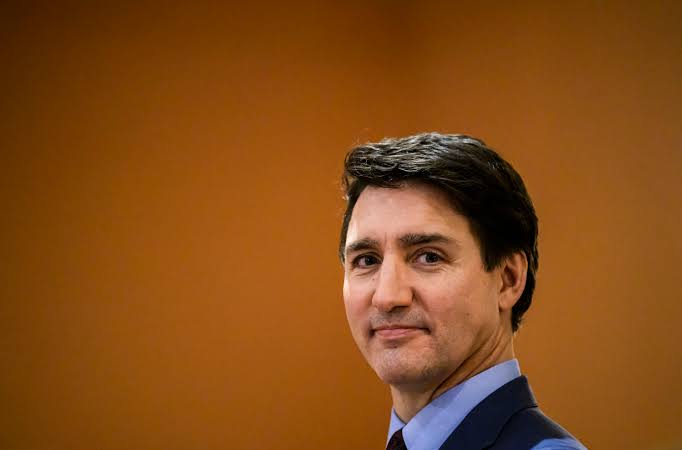Canada’s Prime Minister Justin Trudeau on Monday announced his resignation, stating he will step down once the ruling Liberal Party selects a new lead
Canada’s Prime Minister Justin Trudeau on Monday announced his resignation, stating he will step down once the ruling Liberal Party selects a new leader.
His decision follows months of declining poll numbers and increasing internal divisions within the party.
“I intend to resign as party leader, as prime minister, after the party selects its next leader,” Trudeau said in Ottawa.
His resignation comes amidst a prolonged political crisis during which top Liberal allies urged him to step aside.
It is not immediately clear how long Trudeau will remain in office as a caretaker prime minister.
He confirmed that the Liberal leadership race will be a robust, nationwide competitive process, signaling his intention to oversee the transition until a new leader is chosen.
Trudeau will remain at the helm when incoming United States, US, President Donald Trump takes office this month, tasked with leading Canada’s initial response to Trump’s policy agenda, including the possibility of a trade war.
Trump has pledged to impose 25 percent tariffs on Canadian imports, a move that could severely impact Canada’s economy. In response, Trudeau has vowed to retaliate.
Before taking over the Liberal Party in 2013, Trudeau, now 53, was not a prominent political figure. Much of his early political appeal stemmed from his father, Pierre Elliott Trudeau, one of Canada’s most notable prime ministers.
However, his dynamic energy and focus on issues like climate change helped him unseat Conservative Prime Minister Stephen Harper in the 2015 elections.
After more than nine years in power, Trudeau’s grip on the Liberal Party began to waver last year. The situation worsened following the unexpected resignation of his former finance minister and deputy prime minister, Chrystia Freeland, in December.
In a sharp critique, Freeland accused Trudeau of prioritizing voter-pleasing political stunts, such as an expensive Christmas tax holiday, over stabilizing Canada’s finances in anticipation of Trump’s looming tariffs.
Currently, the Liberals are trailing significantly behind the opposition Conservatives in the polls. On Monday, Trudeau admitted he was no longer the best person to lead his party into the upcoming federal election, which is constitutionally required this year.
“This country deserves a real choice in the next election, and it has become clear to me that if I’m having to fight internal battles, I cannot be the best option in that election,” he stated.
Canadian media has identified several potential contenders to lead the Liberal Party, including Chrystia Freeland and Mark Carney, the former governor of the Bank of England and Bank of Canada. Other candidates are expected to enter the race as well.
Lori Turnbull, a political science professor at Dalhousie University, noted that while Liberal leadership races typically last four to six months, the party might need to move faster this time.
Pierre Poilievre, leader of the opposition Conservative Party, made his position clear, criticizing the Liberals for attempting to rebrand themselves.
“Every Liberal MP and Leadership contender supported EVERYTHING Trudeau did for 9 years, and now they want to trick voters by swapping in another Liberal face to keep ripping off Canadians for another 4 years,” he posted on X after Trudeau’s announcement.
Trudeau’s government narrowly avoided three no-confidence votes brought by the Conservatives late last year. His minority government had relied on a deal with the left-wing New Democratic Party, NDP, to remain in power. However, in December, the NDP announced they would vote to topple his government at the next opportunity.
To give the Liberals time to select a new leader, Trudeau has obtained permission from Canada’s governor general to suspend parliamentary business until March 24. This move also limits the opposition’s ability to bring forward a no-confidence vote in the meantime.
